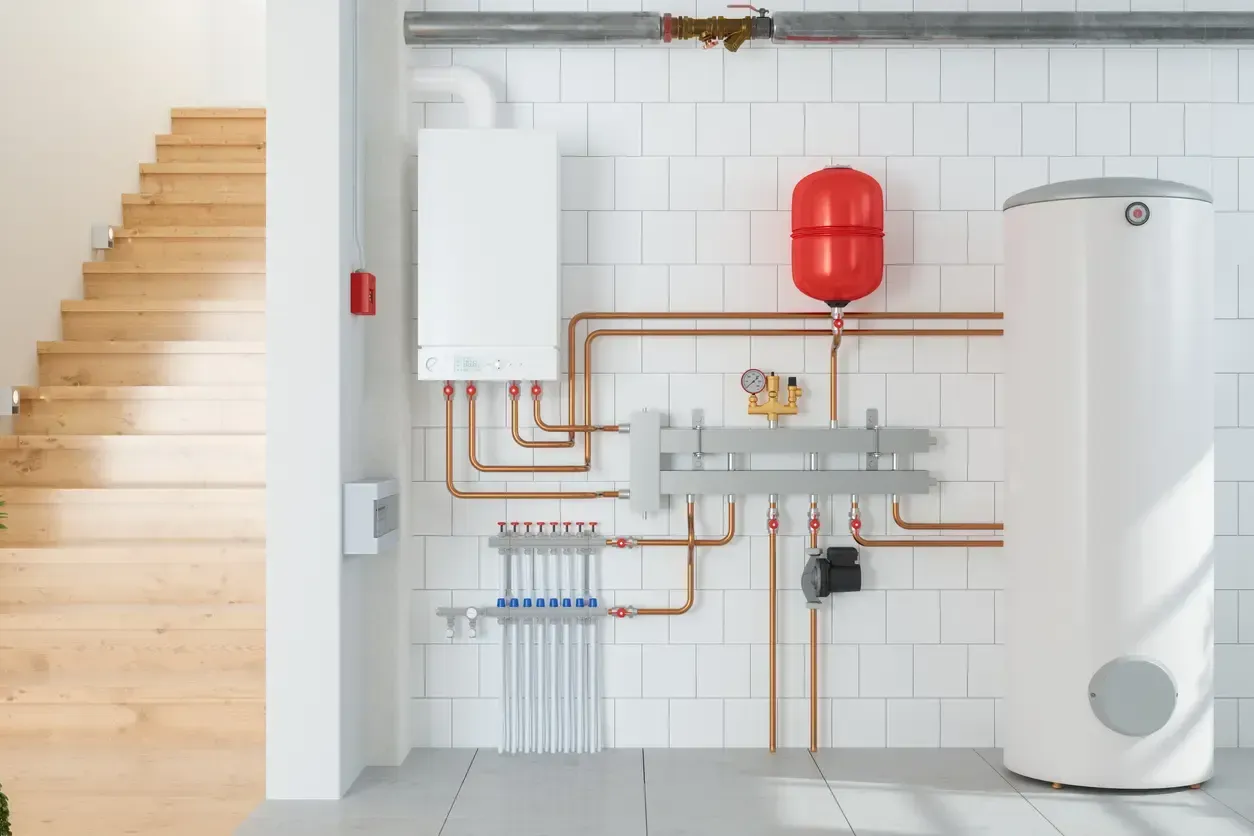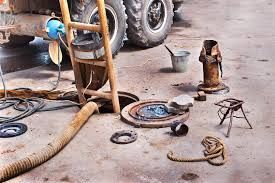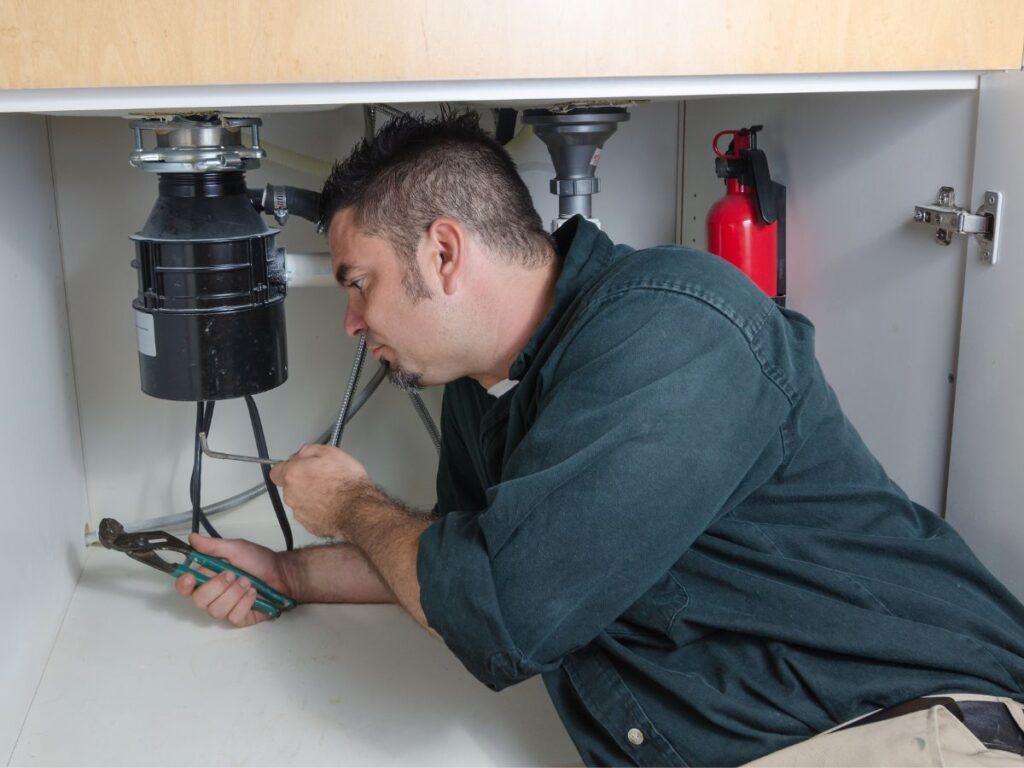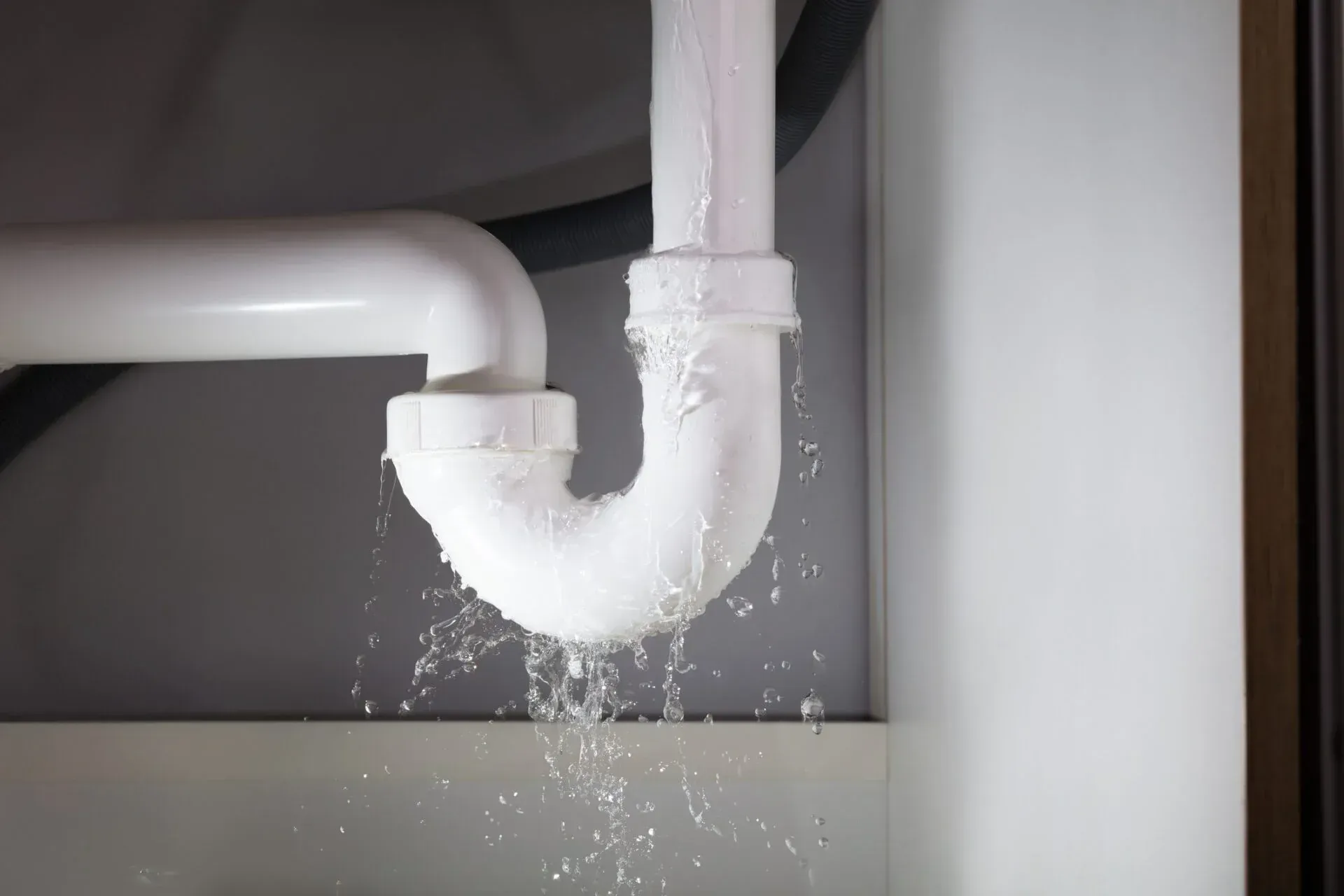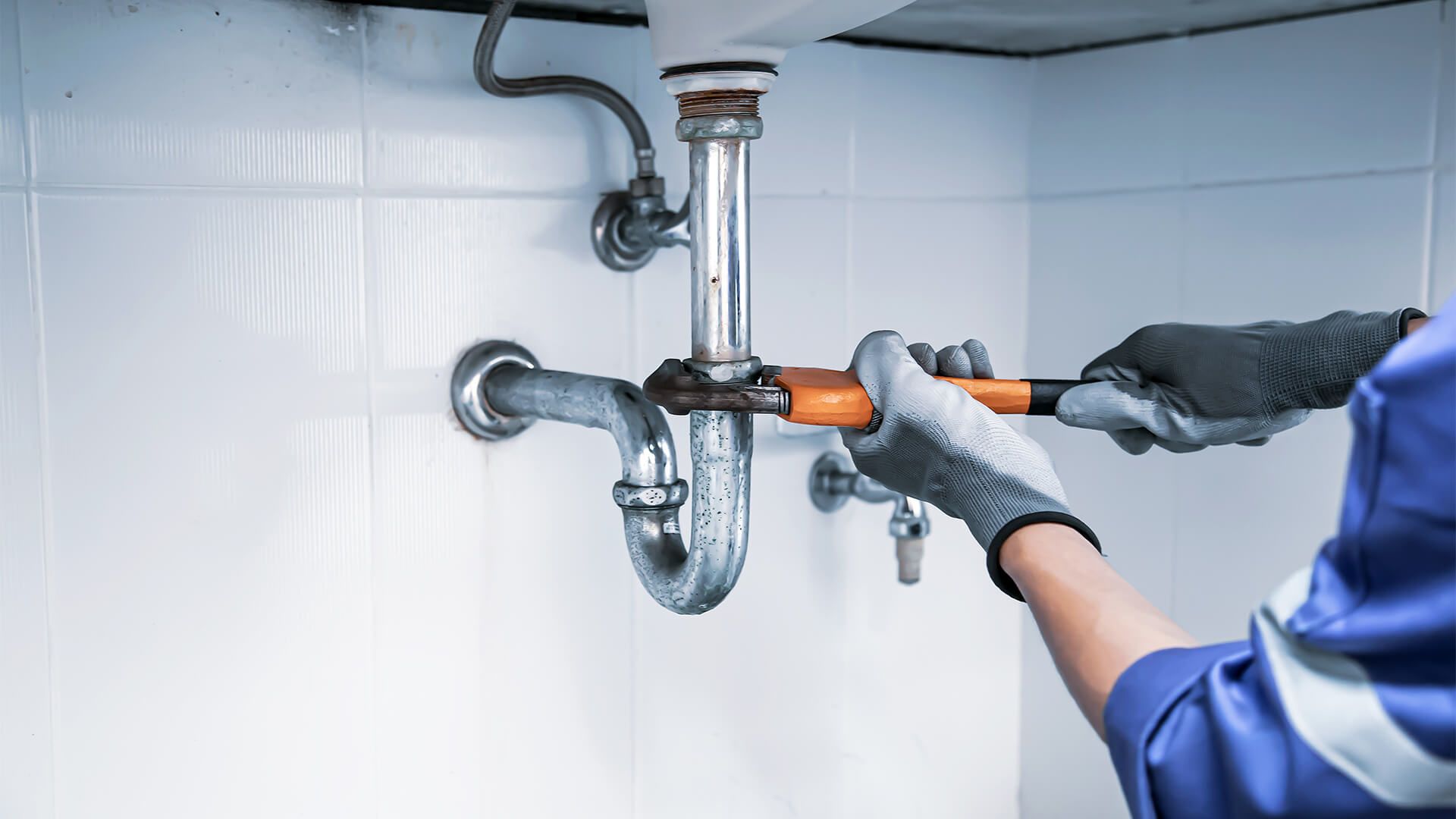Is it Worth it to Repair a Garbage Disposal?
A garbage disposal is one of those kitchen appliances that you don’t think much about—until it stops working. Whether it starts making strange noises, refuses to turn on, or emits a foul smell, a malfunctioning disposal can disrupt your daily kitchen routine. When this happens, you face an important question: should you repair it or replace it altogether? Understanding the factors that influence this decision can help you save money, time, and frustration. Let’s dive into whether repairing your garbage disposal is worth it and what you should consider before making your final choice.
Common Issues That Affect Garbage Disposals
Garbage disposals are built to last, but they aren’t invincible. Over time, they may develop issues that impact performance. Some of the most frequent problems include:
- Jamming: Foreign objects like silverware, bones, or fibrous foods can clog the blades, making the unit stop working.
- Leaks: A garbage disposal can develop leaks due to worn-out seals or cracks in the casing.
- Strange Noises: Grinding, rattling, or humming noises may indicate loose or broken components.
- Clogs: Food waste and grease buildup can block the drain, leading to slow water flow.
- Failure to Turn On: If the unit won’t power on, the issue might be electrical, such as a tripped breaker or a faulty switch.
Each of these problems has different repair complexities and costs, which will influence whether fixing the unit is a good investment.
Cost Comparison: Repair vs. Replacement
One of the first considerations when deciding whether to repair a garbage disposal is cost. In general, minor fixes like unclogging, resetting, or tightening a loose component may only cost $50–$150 if you hire a professional. However, more severe issues, such as motor failure or extensive leaks, can push the repair costs closer to $200–$300.
A new garbage disposal, on the other hand, typically costs between $100 and $350, depending on the brand, power, and features. Installation fees can add another $100–$200 if you hire a plumber. If the repair costs approach or exceed half the price of a new unit, replacement may be the more cost-effective choice.
Age of Your Garbage Disposal: A Key Factor
The lifespan of a garbage disposal ranges from 8 to 15 years, depending on usage and maintenance. If your unit is approaching the end of its expected life, repairing it might not be worth it. Even if you fix one issue, another component could fail soon after, leading to repeated expenses. If your disposal is under five years old and has a minor problem, repair is usually the better option.
DIY Fixes vs. Professional Repairs
Some garbage disposal issues are easy to fix without professional help. Before calling a plumber, try these troubleshooting steps:
- Press the Reset Button: Located at the bottom of the unit, the reset button can restore function if the disposal has overheated.
- Check for Jams: Use an Allen wrench in the bottom slot to manually turn the blades and free a stuck object.
- Inspect the Power Source: Ensure the unit is plugged in and the circuit breaker hasn’t tripped.
- Clean the Disposal: Flushing with a mixture of baking soda and vinegar can remove odors and minor clogs.
If none of these DIY solutions work, it’s best to call a professional. Attempting complicated repairs yourself can be dangerous and may void any existing warranty.
Risks of Repairing vs. Replacing
Choosing to repair a garbage disposal instead of replacing it comes with potential risks:
- Recurring Problems: If one part has worn out, others may soon follow, leading to frequent repairs.
- Hidden Damage: Older disposals might have internal damage that isn’t immediately visible.
- Wasted Money: Spending on multiple repairs over time can sometimes exceed the cost of a brand-new, efficient unit.
On the flip side, replacing your disposal prematurely means spending money on a new appliance when a simple, affordable repair could have extended the life of your existing unit.
Expert Recommendations: When to Repair and When to Replace
Plumbing professionals generally advise following these guidelines:
- Repair if:
- The unit is under five years old.
- The issue is minor, such as a jam or clog.
- Repair costs are significantly lower than replacement.
- Replace if:
- The unit is over ten years old.
- Major components like the motor or blades have failed.
- Frequent repairs are needed, indicating ongoing deterioration.
- You want to upgrade to a more powerful or quieter model.
Preventive Measures to Extend Garbage Disposal Life
If you opt for repair, or even if you install a new unit, following best practices can extend the life of your garbage disposal:
- Avoid Hard and Fibrous Foods: Items like bones, corn husks, and coffee grounds can damage the blades and clog the system.
- Use Cold Water: Running cold water while operating the disposal helps solidify grease, making it easier to grind.
- Clean Regularly: Flushing with vinegar and baking soda can prevent buildup and odors.
- Run the Disposal Often: Infrequent use can lead to rust and component degradation.
Conclusion: Making the Right Decision
So, is it worth repairing a garbage disposal? The answer depends on the severity of the issue, the unit’s age, and the repair cost. If the disposal is relatively new and the problem is minor, a repair is a smart and cost-effective choice. However, if the unit is old and experiencing frequent breakdowns, replacement is the better long-term investment. Understanding the signs of failure and knowing when to call a professional will help you make the best decision for your home and budget.
